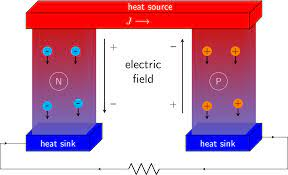Classical electrodynamics and quantum electrodynamics (QED) are both theories that describe the behavior of electric and magnetic fields, but they do so in different ways. Classical electrodynamics is a classical theory that describes the behavior of electric and magnetic fields using Maxwell's equations, which are a set of partial differential equations. QED, on the other hand, is a quantum theory that describes the behavior of electric and magnetic fields using the principles of quantum mechanics.
The benefits of studying electrodynamics include a better understanding of how electric and magnetic fields interact with matter, which is essential in many areas of science and technology such as electronics, telecommunications, and power generation. Additionally, it is also helpful in understanding the behavior of other physical systems such as light and electromagnetic waves.
In summary, classical electrodynamics deals with the behavior of electric and magnetic fields based on Maxwell's equations and classical physics, while quantum electrodynamics deals with the behavior of electric and magnetic fields based on the principles of quantum mechanics. Both theories have their own areas of application and importance.






.jpeg)




0 Comments